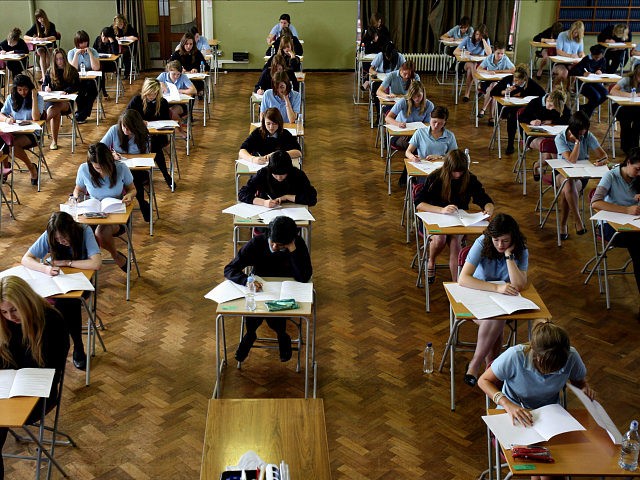College Board, which owns the Advanced Placement (AP) tests, wants to eliminate thousands of years of world history from the AP World History test — and educators are not happy.
World history is undoubtedly a broad subject, seeking to educate young minds on the entire trajectory of human civilization within a very small amount of time. Advanced Placement testing is meant to evaluate how much of this knowledge a student retains moving forward.
After ongoing dismal results — and a whopping eight in ten teachers reporting that the subject was simply too broad to fit into normal curriculum — College Board, the company that owns the Advanced Placement tests, announced that it would cut the content of required world history knowledge all the way to the year 1450.
But teachers are not impressed.
College Board spokeswoman Jaslee Carayol said that 70 percent of students got an answer incorrect on their testing. It is, according to the board, and indication that the information is just too broad to cover. Instead, they have proposed splitting world history into two separate curriculums: one that covers world history from about 600 B.C.E. to 1450 A.D. and one that picks up after that. Only the latter would be required.
Unfortunately, because the curriculum is not free, it means that only students who could afford the elective would get a full view of the history of the world.
Unfortunately, this presents a larger issue. With such a limited context, teachers are concerned that students will only be learning a very specific story. “The story starts with European exploration and colonization,” World History Association president Wiesner-Hanks said. “And it becomes the people from all of the other parts of the world reacting to the Europeans getting there.”
Nationwide protests have begun in response to the decision. At one, in Salt Lake City, Utah, a history teacher said: “You cannot tell my black and brown students that their history is not going to be tested, and then assume that that’s not going to matter. Their histories don’t start at slavery. Their histories don’t start at colonization.”
Even students are joining the response. One began a Change.org petition that has already surpassed 10,000 signatures. “The class is demanding on students, but is also one of the most rewarding, life changing classes I’ve ever had the privilege to take,” it says. “CollegeBoard, we students and teachers call on YOU to fix this vital error. Without periods 1-3, a historical foundation can’t be built, and they are some of the most important in history.”
For now, College Board’s plan is to compromise. They will attempt to shift the window several centuries earlier, though it is unclear how they will do that — or how far back it will go.
“Given how dissatisfied teachers have been with the current breadth of the course, it’s all the more powerful when they speak up to defend keeping content within the course,” AP program chief Trevor Packer told CNN. “By working with AP World History teachers and our higher ed partners, we will find a way to shift the start date several centuries earlier while still ensuring that students and teachers no longer have to race through the course.”
The board will make its final decision in July.

COMMENTS
Please let us know if you're having issues with commenting.